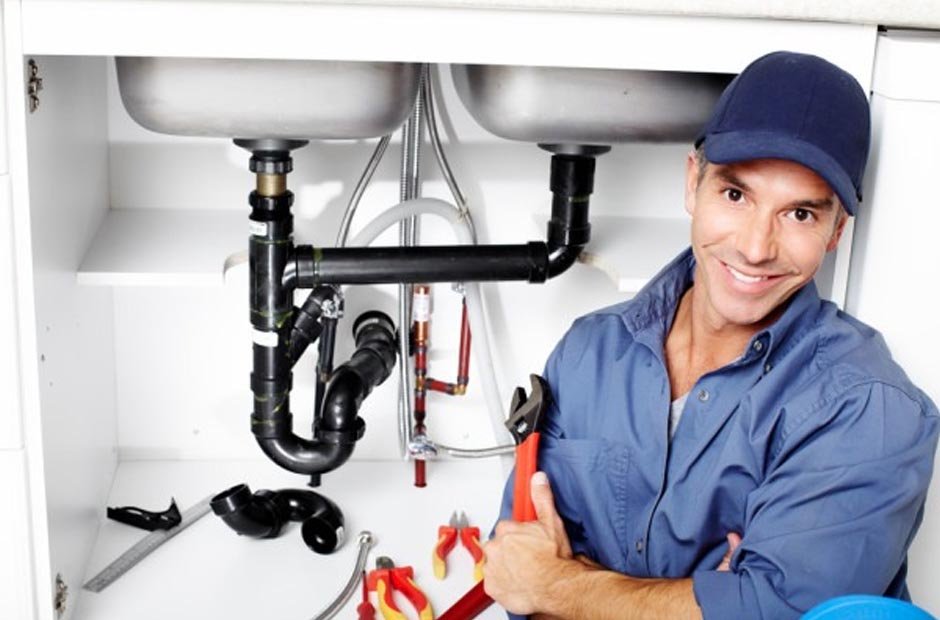Plumbing is a vital profession that involves installing, maintaining, and repairing the piping systems that allow for the safe delivery and removal of water and waste in buildings. The scope of a plumber’s work can vary widely, encompassing residential, commercial, and industrial projects. Plumbers ensure these systems function efficiently and meet all health and safety standards, which is crucial for protecting public health and the environment.
The Education and Training of Plumbers
Proper education and training are fundamental for anyone pursuing a career in plumbing. Aspiring plumbers typically begin with a combination of classroom education and hands-on training through apprenticeships. Apprenticeships are crucial as they provide budding plumbers with practical experience under the supervision of experienced professionals. This training period covers various aspects of plumbing, including water supply, waste systems, and piping equipment.
Tools and Equipment Used in Plumbing
Plumbers use various tools and equipment to perform their duties effectively. Basic tools include wrenches, pliers, pipe cutters, and screwdrivers, essential for installing and repairing plumbing fixtures. More sophisticated equipment, like video cameras for pipe inspections and hydro-jetting machines for clearing blockages, is also commonly used. Mastery of these tools is necessary for diagnosing and resolving plumbing issues efficiently.
Common Plumbing Services
The range of services plumbers offer is extensive, covering several critical areas. These services include repairing leaks, unclogging drains, and installing new plumbing fixtures like toilets, sinks, and faucets. Plumbers also handle more complex tasks such as repairing or replacing sewer lines, fixing water heaters, and retrofitting plumbing systems to improve efficiency and compliance with modern standards.
The Importance of Preventive Plumbing Maintenance
Preventive maintenance is a crucial service plumbers provide that helps avoid significant plumbing failures and costly repairs. This service typically involves regular inspections and minor repairs that maintain the plumbing system’s optimal functioning. Regular maintenance can extend the lifespan of plumbing systems and appliances, saving homeowners and businesses considerable amounts of money over time.
Plumbing Codes and Standards
Understanding and adhering to plumbing codes and standards is essential for any plumber. These regulations are designed to ensure the safety and effectiveness of plumbing installations and repairs. Plumbers must stay informed about local, state, and national codes and often must pass specific certification exams to demonstrate their knowledge and compliance.
Emergency Plumbing Services
Emergency plumbing services are a critical aspect of the profession. They address urgent issues that pose immediate risks to health, safety, or property. Examples include burst pipes, major leaks, and sewage backups. These situations require quick, decisive action to mitigate damage and restore functionality, often demanding plumbers be available on-call outside of normal working hours.
Technological Advances in Plumbing
The plumbing industry has seen significant technological advances that improve the efficacy and scope of plumbing services. Modern techniques, such as trenchless pipe repair, allow plumbers to fix underground pipes without extensive excavation. Additionally, advancements in water treatment technology enable plumbers to offer solutions that enhance water quality and conservation.
Challenges Facing the Plumbing Industry
Despite its essential nature, the plumbing industry faces several challenges. These include a shortage of skilled labor due to an aging workforce and the physical demands of the job, which can deter new entrants. Moreover, the need for continuous education to keep up with evolving technologies and standards can be a barrier for some professionals.
The Role of Sustainability in Plumbing
Sustainability has become increasingly important in plumbing, with a growing focus on water conservation and environmentally friendly practices. Plumbers are now more involved in installing low-flow fixtures, greywater systems, and other technologies that help reduce water usage and minimize environmental impact. This shift not only helps conserve natural resources but also offers economic benefits to consumers through reduced utility costs.
Conclusion
Plumbing is a dynamic and essential field that impacts everyday life, from home comfort to public health. The profession requires a blend of technical knowledge, practical skills, and a commitment to ongoing learning and adaptation. As environmental concerns continue to grow and technology advances, the role of plumbers will become even more critical in ensuring that plumbing systems are safe, efficient, and sustainable. The future of plumbing promises continued evolution and challenges, with ample opportunities for those ready to meet its demands.
















